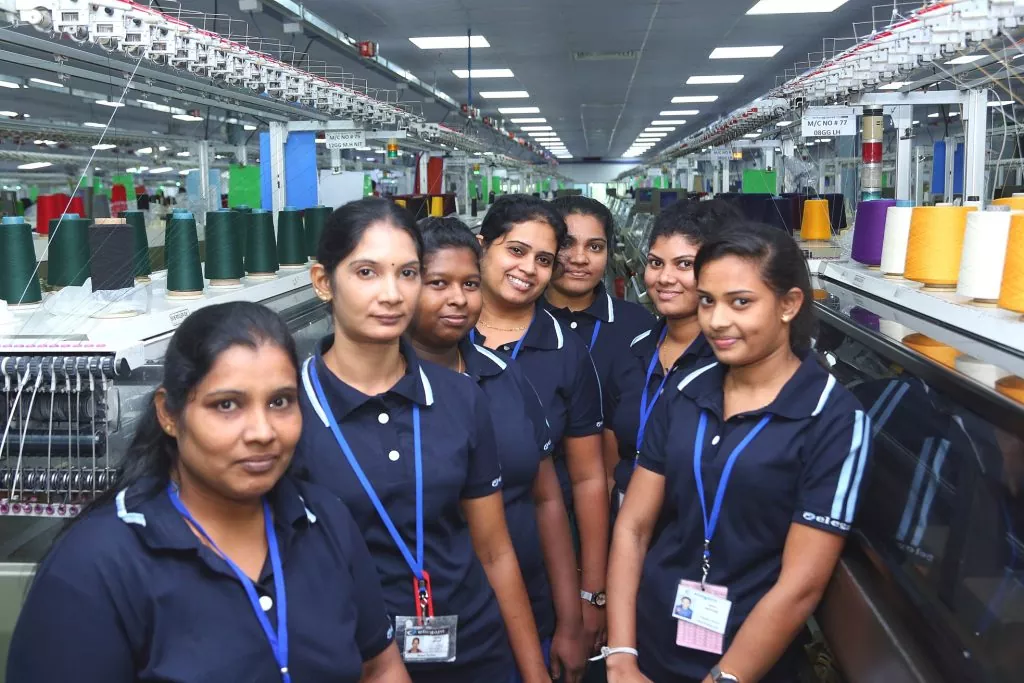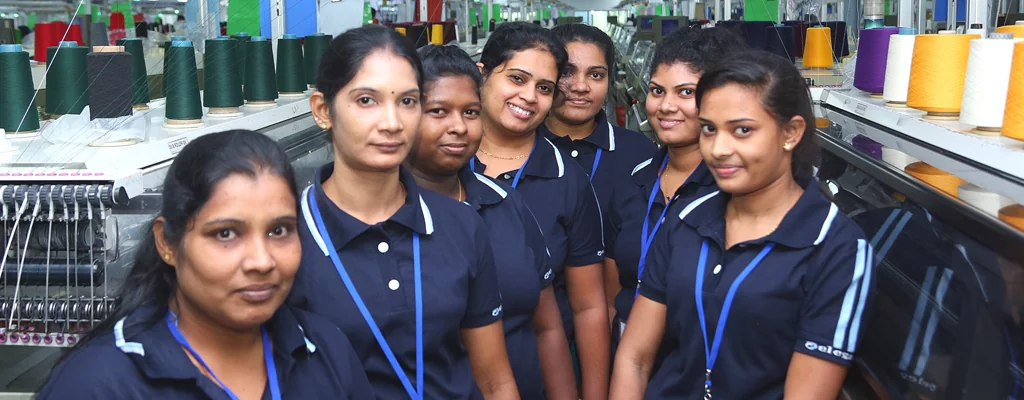To increase diversity in the workplace should not be a matter of ticking boxes to meet some social status quota, it should be a natural occurrence within a respectful corporate culture.
When the workplace environment is healthy, then opportunities flow to those of ability regardless of gender, race or creed.
It is sad to say that in some textile industries, women have be restricted to only sewing operation jobs and as such the odious term of ‘juki girl’ has arisen. This term has the unpleasant meaning that the ‘juki girl’ is fair game for harassment by male supervisors and male co-workers, and as such reflects the sickness of that company’s culture.
Some may even try to argue that the region’s culture needs to be taken into account as it may be a very patriarchal environment. Such arguments only reveal an ingrained disrespect for women.
However it is term and attitude that ethical manufacturing companies outlaw with zero tolerance for obvious reasons.
To overcome this slide into male dominated hierarchies, ethical manufacturers train and promote men and women equally, allowing the most capable to rise to the top.

A quick look within our knitting department will show the significant presence of women technicians operating and repairing the computerised knitting plant. There are no quotas to drive this situation in Elegant, it just makes good business sense.
In a generally male dominated industry, the promotion of women into technical roles means we have an expanded pool of clever and capable candidates to work with. With the increase in technology in all aspects of manufacturing, brain power is the key. No longer is strength and muscle required to operate computer driven production facilities. So antiquated attitudes to women’s roles are a thing of the past if a company wants to thrive in the 21st century.
Therefore Diversity should not be something a company is compelled to do, it should be something it wants to do, not only because it is the right thing, but because it is plain commonsense.

